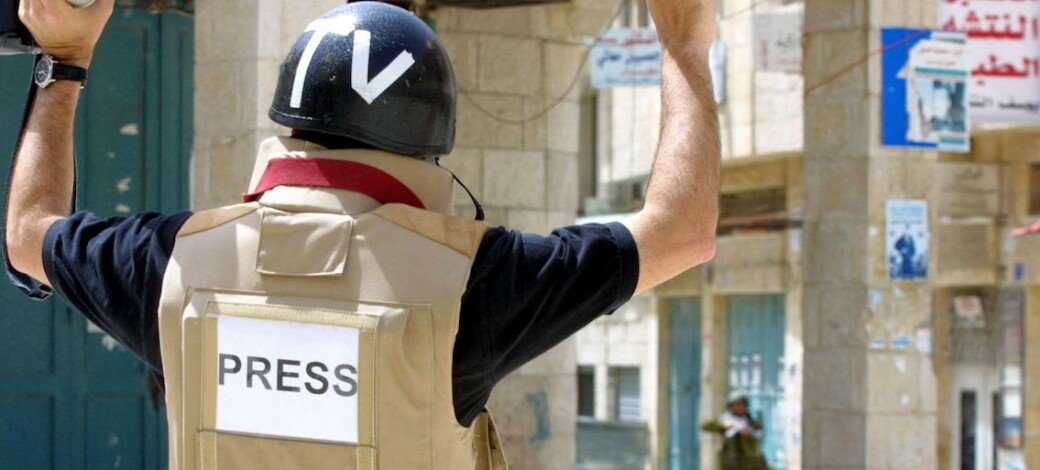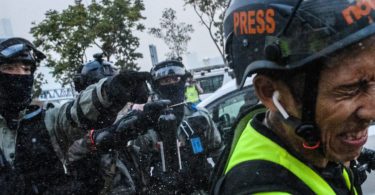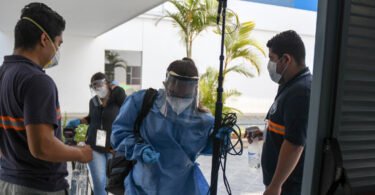US non-profit organisation Poynter Institute has shared ethical practices journalists can adopt in response to the increasing acts of violence led against them during protests.
US non-profit journalism school and research organisation Poynter Institute for Media Studies has shared in January 2021 several ethical practices that media workers can adopt in response to the surge of violent threats and attacks directed against them:
- Identification: Journalists should keep a media ID for law enforcement, but otherwise don’t have to display it. For street interviews, they should be discreet, not alone, identify themselves only if their interviewee seems safe, and find diversion tactics to exit in case of threat.
- Images collection: Journalists should use remote cameras on secure spots, shoot with small gear, wear neutral clothes, know their newsroom’s security plan and take it seriously.
- Freelancers: Newsrooms collaborating with freelancers should add them to their security plans. Freelancers should work in teams and use gear they are ready to leave behind them.
- Audience engagement staff, social media managers and newswire editors: They should use techniques to reduce mental health issues due to being exposed to traumatic content, and fact check any information before publishing or sharing it.
- Journalists of colour: As journalists of colour are more vulnerable, managers should be particularly vigilant about them, and elevate their voices.
Poynter Institute for Media Studies, a US non-profit journalism school and research organisation, helps journalists worldwide to sharpen their skills throughout their careers and promotes honest information in the marketplace of ideas.








